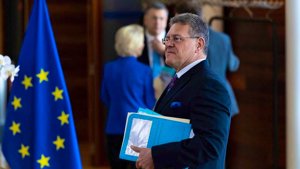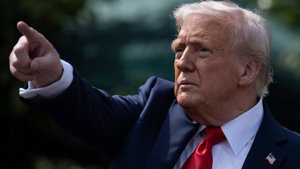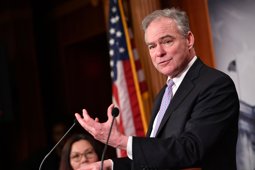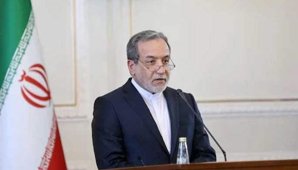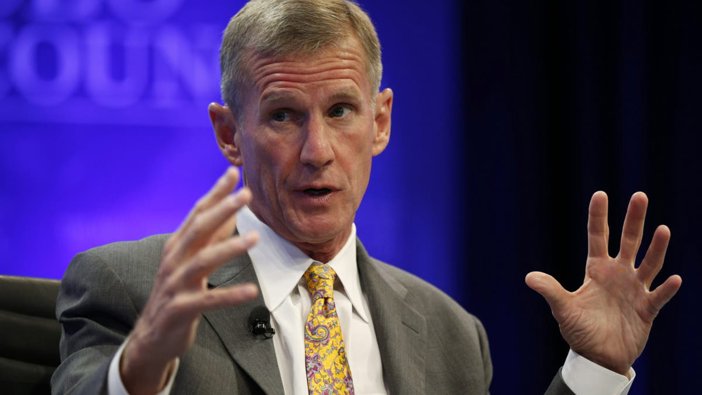
McChrystal Criticizes Pentagon's DEI Focus
Ret. Gen. McChrystal criticizes anti-DEI focus and “warrior image” push, urging talent-based meritocracy amid U.S.–China tensions.
McChrystal Rejects Anti-DEI Rhetoric
Retired four-star General Stanley McChrystal sharply criticized the Pentagon’s recent emphasis on dismantling diversity, equity, and inclusion (DEI) initiatives, calling it a distraction from core defense priorities. Speaking Sunday on CBS’ Face the Nation, McChrystal said, “I think that the DEI thing is, frankly, a distraction. It's not helpful.”
While affirming his alignment with Defense Secretary Pete Hegseth on the importance of a strong national defense, McChrystal challenged Hegseth’s apparent focus on appearance and conformity. “We just define [the warrior ethos] differently,” he explained. “The idea that everybody’s got to look a certain way, got to have biceps of a certain size, got to be male, straight — that’s not how we build an effective force.”
Drawing from his experience in counter-terrorism operations, McChrystal argued that effectiveness on the battlefield comes from a merit-based culture, not appearance or identity. “You didn’t care what somebody looked like... because it was too important to get the job done. America needs to harness talent from every corner of our society, everyone.”
McChrystal, who served briefly as U.S. commander in Afghanistan before resigning in 2010, is promoting his new book On Character: Choices That Define a Life. He used his media appearance to advocate for a renewed national focus on moral leadership, saying, “Our national leaders are not the cause of the problem. They are the symptom. The cause is us.”
Hegseth Emphasizes Strength Against China
Meanwhile, Defense Secretary Pete Hegseth outlined a more traditional security strategy focused on countering Chinese military and technological advancements. Speaking to Will Cain at the Pentagon, Hegseth described U.S. efforts to “create dilemmas” for China, emphasizing deterrence through strength as the Trump administration pivots toward the Indo-Pacific.
Hegseth’s first overseas trip as defense chief included stops in Hawaii, Guam, the Philippines, and Japan, underscoring the Pentagon’s regional focus. “We concede nothing to the communist Chinese,” he declared. He highlighted China’s expansion in drone warfare, including plans for drone-carrier motherships capable of deploying over 100 unmanned systems simultaneously.
China’s DJI, which dominates over 70% of the global drone market, poses additional risks. Craig Singleton of the Foundation for Defense of Democracies warned that DJI’s technology may give Beijing access to sensitive U.S. infrastructure data. “It’s not just a market-share problem — it’s a national security threat,” he said.
Hegseth maintained that the U.S. military must stay ahead in modern warfare. “We don't want that conflict,” he said, referring to a potential clash with China. “We’re going to do that by being as strong as possible to meet their threat at every turn.”
New initiatives such as the Marine Corps’ Attack Drone Team at Quantico, Virginia, reflect that pivot. Designed to counter the rapid evolution of drone tactics, the team will use first-person view drones offering lethal capability at low cost, reinforcing U.S. adaptability in asymmetric conflict scenarios.
While Hegseth focuses on strategic deterrence and technological advantage, McChrystal’s warnings about ideological distractions highlight the broader debate about military culture. Together, their views reveal the competing visions shaping America’s defense posture in an increasingly complex global arena.

